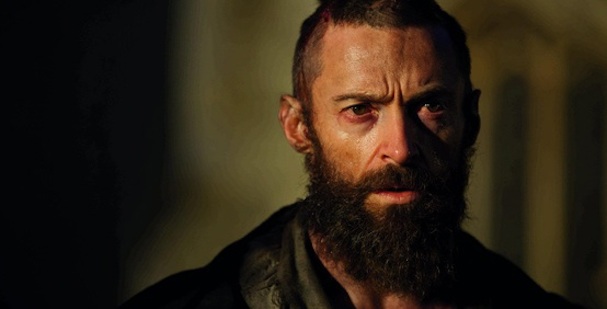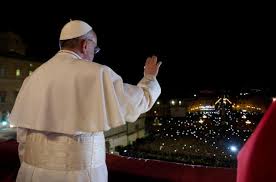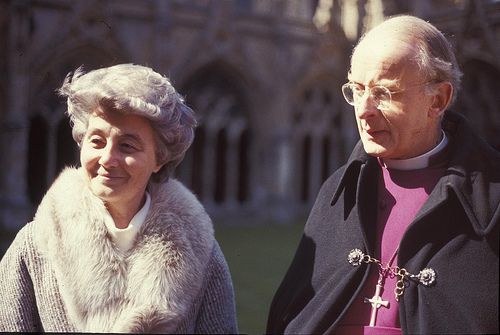Put your eyebrow down. I know, he’s fictional. But honestly, which one of you doesn’t admire and harbor within your being a firm desire to be something like Jean Valjean? He is an image of the great, true human story. Imprisoned in darkness, redeemed by Love and sent, as a new creation, to pour out his life in witness to that Love. In asking his eternal question, the character of Jean Valjean makes us look in the mirror and ask the same question: Who am I? Valjean’s answer is: I am a son of God. And, that – being a son or daughter of God – is exactly the identity of an intentional disciple.
First of all, think of the deliberateness of Valjean’s decision.
And, not only that first momentous “bargain, long ago” of making his “soul belong to God”, but the many subsequent decisions he faces along the way consistently drive him to deeper and deeper trust in God and an increasingly more complete sacrifice of himself.
This is what the disciple does. Why? Because we are disciples of our Father, and we long to be made into an image of He who loves and saves us. A student wants to learn knowledge from his teacher. However, a disciple wants to absorb the very way of life of his master and a child wants to become the very image of his Father. And, without doubt, the way of our Master – the way of our Father – is total, selfless, self-sacrifice: there can be no greater love than that.
If it is the case that this great self-sacrifice of God was and is for our sake, if we have been filled with such a Love – how can we do anything but let God pour out His Love, through us, into others? And isn’t this deep down (even though we don’t talk about it at parties) what we really long to do? Don’t we want to be here someday:
And, in the end, this is the only thing that can change the world and, more importantly, change lives. It is not so much political revolutions, barricades and self-made men. These attempts, however well intentioned, either fail outright or eventually erode, leaving only “empty chairs at empty tables”. In the end, only the love of Jean Valjean, born from his devotion to His Savior, leaves any lasting, good imprint on other characters. Christocentric self-sacrifice is paramount and does radically change lives.
We have been given a new life in Christ and now, “at the end of the day,” have no reason to “look down”. What will we do with such a gift? Will we live for ourselves (Thénardier)? Will we try to rise to great heights on the cold scaffolding of our own construction (like Javert)? Will we seek to bury ourselves in some revolutionary “cause” (like the students)? Or will we do (like Valjean) what Christ told us: “Deny yourself, pick up your cross and follow me.”
Who am I? Let us proclaim with Jean Valjean: I am a child of God.




